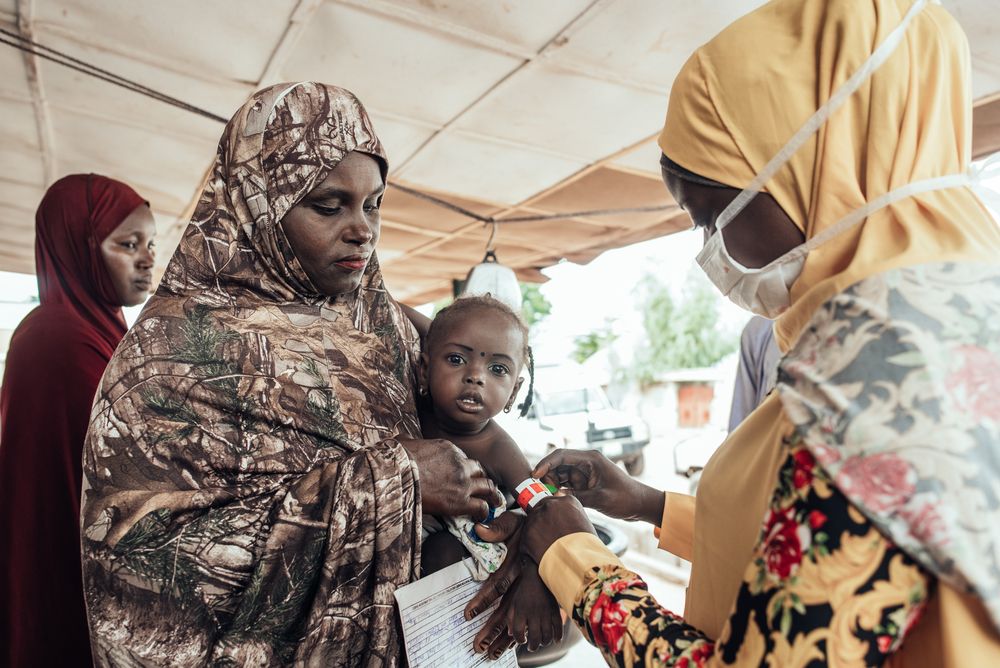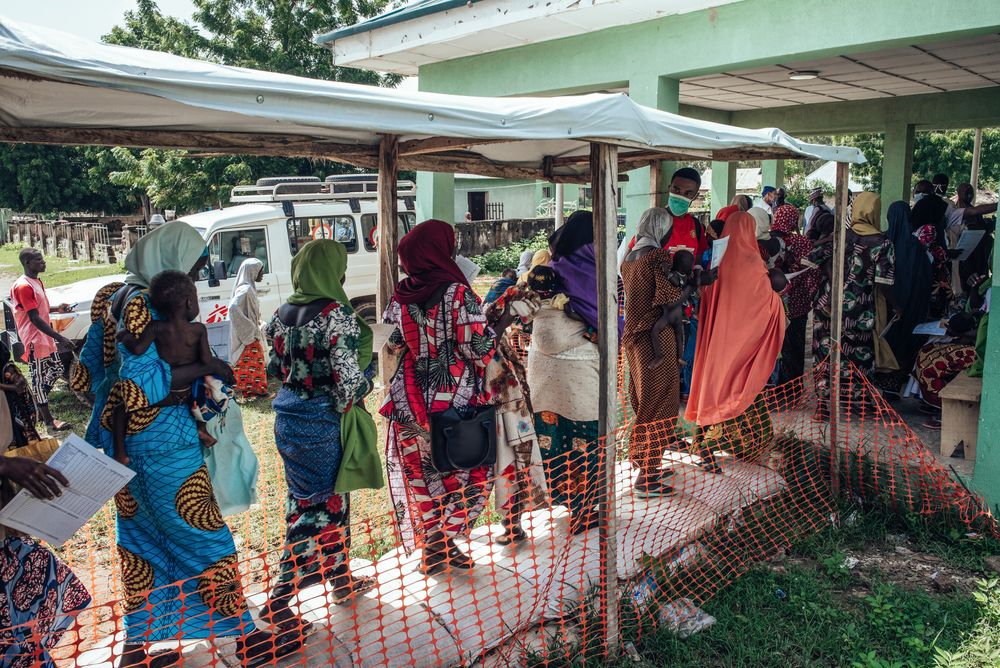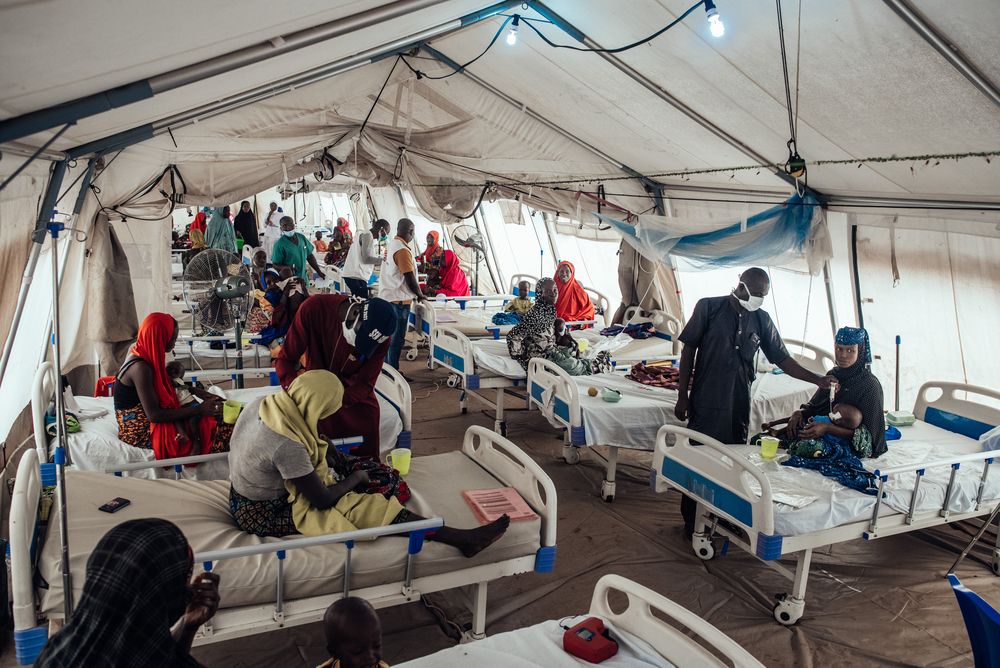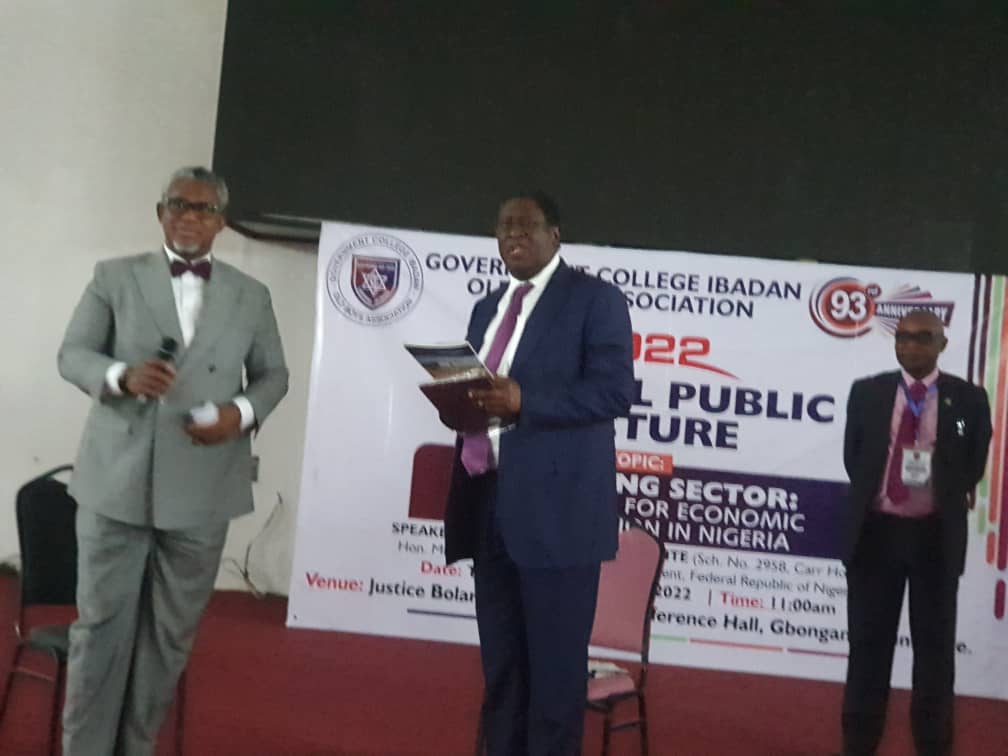By Ruth Tene Natsa, Abuja
Médecins Sans Frontières (MSF) has described the malnutrition crisis in northwest Nigeria as catastrophic, this is even as it calls on the humanitarian community to respond to the emergency needs of the region.
MSF further urges that northwest Nigeria be included in the UN’s humanitarian response plan to enable a broader and more sustained response.
In a statement jointly signed by the team’s communications manager and officer, Nasir Gafoor-and, Abdulkareem Yakubu, it stated that ”Since the beginning of 2022, MSF teams have witnessed extraordinarily high numbers of children with malnutrition in MSF’s programs located in five states across northwest Nigeria.

It added that multiple factors have led to a sharp increase in malnutrition in the region the over last year.
MSF country representative in Nigeria. Dr. Simba Tirima said “With increasing insecurity, climate change, and global inflation of food prices in a post-pandemic world, we can only imagine this crisis getting worse,”
He said “The Nigerian authorities need support to deal with a crisis of this magnitude. This must include emergency humanitarian funding now for organisations able to respond and a commitment to include northwest Nigeria in the UN’s humanitarian response plan for 2023.”
Since January, MSF teams working in collaboration with the Nigerian health authorities have treated close to 100,000 children suffering from acute malnutrition in 34 outpatient facilities and admitted about 17,000 children requiring hospital care in 10 inpatient centres in Kano, Zamfara, Katsina, Sokoto, and Kebbi states.
In Zamfara state, one of the areas most affected by ongoing violence and banditry, we recorded a 64 percent increase in the numbers of severely malnourished children treated in the outpatient nutritional departments supported by MSF from January to August 2022 when compared to January to August 2021.
MSF’s nutritional surveys have also underlined the severity of the crisis, including in areas that are less affected by violence and insecurity. In Mashi local government area, in Katsina state, MSF found a 27,4% rate of global acute malnutrition and a 7,1% rate of severe acute malnutrition in June, even though the community has been relatively spared from violence and forced displacement. These rates indicate a critical emergency.
The UN’s current humanitarian response plan for Nigeria focuses on the critical situation in the country’s northeast region, excluding the northwest. Unlike MSF, which is not funded by the humanitarian response plan, many organisations are currently unable to respond to the acute needs in the northwest because they rely on it for funding.
MSF head of mission in Nigeria, Froukje Pelsma notes that“We understand the United Nations, donors, and other stakeholders are increasingly aware of the extent of the crisis in the northwest, but there is a need to go beyond discussions,”
“It’s essential that the northwest is included in the next Nigeria humanitarian response plan for 2023, because this plays a key role in mobilising the resources to save lives.” He added







